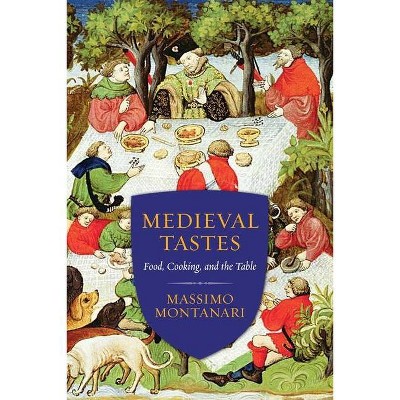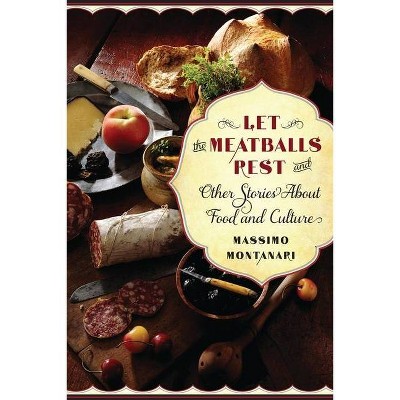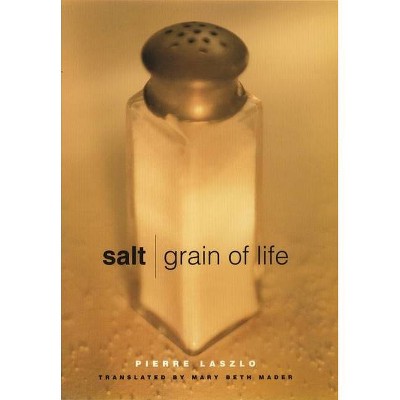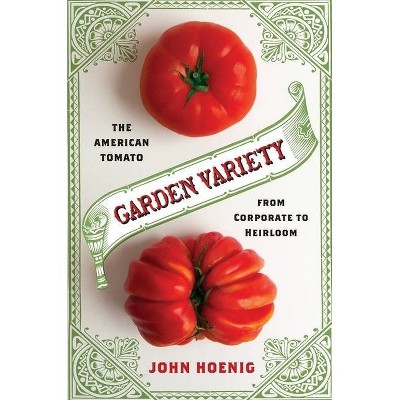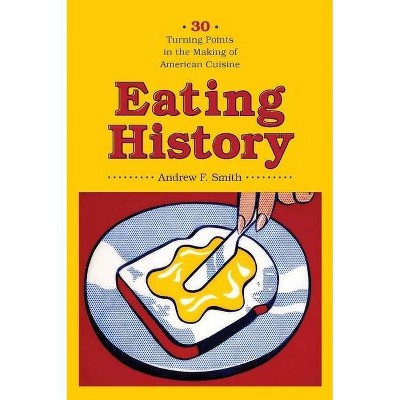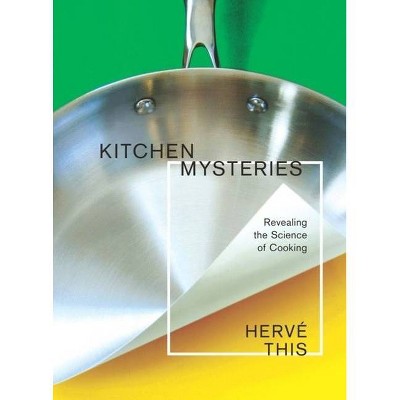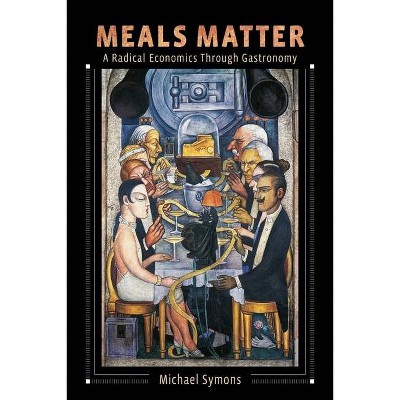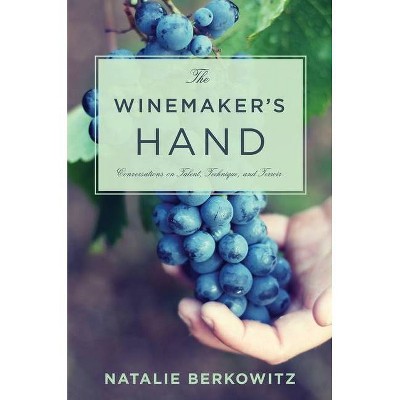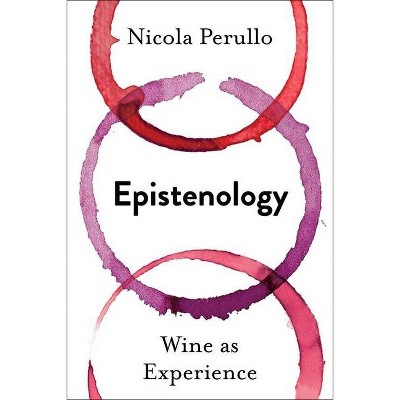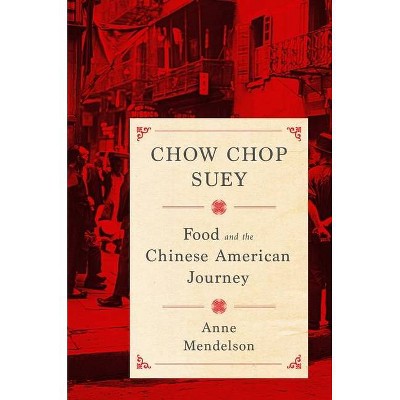Medieval Tastes - (Arts and Traditions of the Table: Perspectives on Culinary H) by Massimo Montanari (Hardcover)
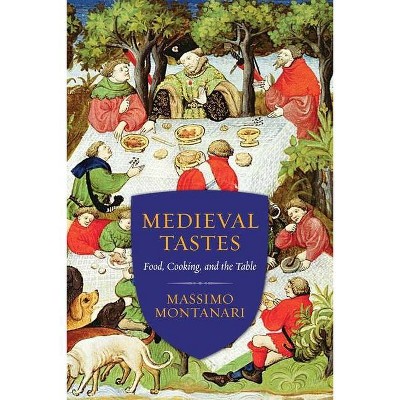
Similar Products
Products of same category from the store
AllProduct info
<p/><br></br><p><b> About the Book </b></p></br></br>Italy's best-known food historian travels back to the birth of "modern" cuisine and reveals the remarkable links between medieval tastes and our own. Massimo Montanari traces the development of medieval tastes--both culinary and cultural--and details how food transformed from a simple staple to a symbol of social and ideological standing.<p/><br></br><p><b> Book Synopsis </b></p></br></br><p>In his new history of food, acclaimed historian Massimo Montanari traces the development of medieval tastes--both culinary and cultural--from raw materials to market and captures their reflections in today's food trends. Tying the ingredients of our diet evolution to the growth of human civilization, he immerses readers in the passionate debates and bold inventions that transformed food from a simple staple to a potent factor in health and a symbol of social and ideological standing.</p><p>Montanari returns to the prestigious Salerno school of medicine, the "mother of all medical schools," to plot the theory of food that took shape in the twelfth century. He reviews the influence of the Near Eastern spice routes, which introduced new flavors and cooking techniques to European kitchens, and reads Europe's earliest cookbooks, which took cues from old Roman practices that valued artifice and mixed flavors. Dishes were largely low-fat, and meats and fish were seasoned with vinegar, citrus juices, and wine. He highlights other dishes, habits, and battles that mirror contemporary culinary identity, including the refinement of pasta, polenta, bread, and other flour-based foods; the transition to more advanced cooking tools and formal dining implements; the controversy over cooking with oil, lard, or butter; dietary regimens; and the consumption and cultural meaning of water and wine. As people became more cognizant of their physicality, individuality, and place in the cosmos, Montanari shows, they adopted a new attitude toward food, investing as much in its pleasure and possibilities as in its acquisition.</p><p/><br></br><p><b> Review Quotes </b></p></br></br><br><i>Medieval Tastes</i> is an elaborately researched, sophisticated treatment of the topic.... Highly recommended.--Choice<br><br>A monograph that will be of enormous use to scholars working in food studies and related cultural studies fields, while also promising delight for the general interest reader as well.--Sixteenth Century Journal<br><br>Massimo Montanari is a master communicator of fascinating ideas. He proposes the intriguing concept of the Middle Ages as something at once close but also very distant. This work will prove appealing to more than just food historians, and I highly recommend it.--David Gentilcore, University of Leicester<br><br>Massimo Montanari, one of the most renowned historians of cuisine, has produced a well-written volume covering a wide range of topics, from medieval recipe books to staple foodstuff. There was not one page that did not hold my complete attention.--Massimo Ciavolella, University of California, Los Angeles<br><br>With incisiveness and thoroughness, Massimo Montanari's <i>Medieval Tastes</i> redraws the contours of the central role food played in Italian society from the early centuries of the Middle Ages to the Renaissance and beyond. More than just an enthralling journey through medieval culinary tastes, regimens, and norms, this excellent volume probes the more hidden folds of the social and cultural discourses that undergirded culinary systems.--Pina Palma, author of <i>Savoring Power, Consuming the Times: The Metaphors of Food in Medieval and Renaissance Italian Literature</i><br><p/><br></br><p><b> About the Author </b></p></br></br>Massimo Montanari is professor of medieval history and the history of food at the Institute of Paleography and Medieval Studies, University of Bologna. He has authored and coauthored more than a dozen books on the history of cuisine and the cultural values of food, including <i>Let the Meatballs Rest: And Other Stories About Food and Culture</i>; <i>Cheese, Pears, and History in a Proverb</i>; <i>Food Is Culture</i>; <i>Italian Cuisine: A Cultural History</i>; <i>Food: A Culinary History</i>; and <i>Famine and Plenty: The History of Food in Europe</i>. <p/>Beth Archer Brombert is the author of two widely acclaimed biographies: <i>Cristina: Portraits of a Princess</i> and <i>Edouard Manet: Rebel in a Frock Coat</i>, which was a <i>New York Times</i> Notable Book of the Year. Her most recent work is a memoir of her decades of living, traveling, and cooking in Italy, <i>Journey to the World of the Black Rooster</i>. Her many translations from French and Italian include Italo Svevo's <i>Senilità </i>(<i>Emilio's Carnival</i>) and Erri De Luca's <i>Tu, Mio</i> (<i>You, Mine</i>).
Price History
Price Archive shows prices from various stores, lets you see history and find the cheapest. There is no actual sale on the website. For all support, inquiry and suggestion messagescommunication@pricearchive.us
